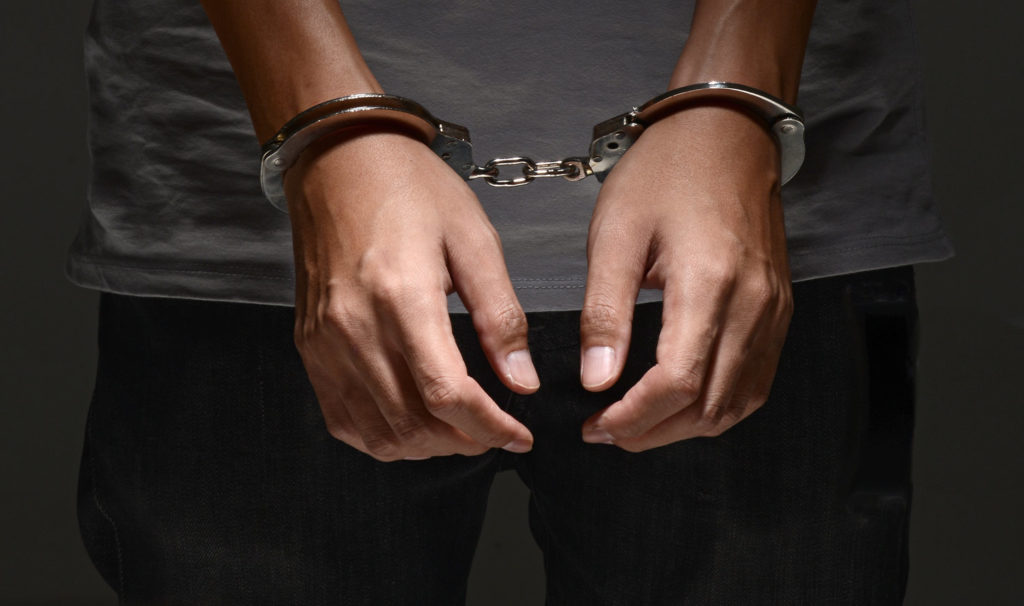Blog
Black Families and the Foster-Care-to-Prison Pipeline
Amid the many killings of African-Americans across the nation, citizens have made calls to reform our policing system. While transforming this system and protecting African-American children and families, we must also transform the child welfare system.
There is finally a magnifying glass on the school-to-prison pipeline and the foster-care-to-prison pipeline as it pertains to black families. NBC News wrote, “There is a related and lesser-known police-to-foster-care pipeline that is often the starting point for the destruction of families and horrific long-term outcomes for children, particularly black children.”
Throughout the nation, black parents are reported more often to child protective services than white parents. Black parents are also more likely to have their children removed. In fact, despite making up only 13% of the U.S. population, black children make up 23% of children in foster care.

Once black children are removed from their homes, they are often put on the path toward juvenile detention, then prison. NBC News shares that “a recent study out of Cornell University found that black families were investigated almost twice as often as white families. Police are often responsible for initiating referrals to child protection agencies, and since police are more likely to be in black neighborhoods, they are more likely to be involved in triggering a family review process than in places they patrol less.”
Most of the police reports are related to neglect. “There is voluminous data that shows that neglect is often conflated with poverty, as many state statutes define neglect as inadequate food, shelter, clothing or care. It is no secret that black families in America are more likely to be poor than white ones. While some of these statutes contain language intended to protect indigent parents, children continue to be removed because their parents are evicted or because they don’t have adequate child care,” notes NBC News.
Two studies in Texas demonstrated that, even though black families on average are given lower risk scores than white families when initially assessed regarding whether children can safely remain at home, they are 20 percent more likely to have their cases opened for services, and 77 percent more likely to have their children removed instead of being provided with family-based safety services.
This trend is evident when claims are the same or an investigation of a report shows similar traits and conditions would be recognized as unimportant in white communities, but would be cause for removal in black communities.
Two examples of this include:
- An African-American mother had her newborn removed because child welfare authorities said her two-bedroom apartment was too small for her family.
- Another mother was investigated after leaving her 13-year-old in charge of younger siblings to go to the laundromat.

As a result of this, black children are disproportionately represented in foster care. As a whole, foster children already have poorer outcomes than children who are not in care. To top it off, many foster parents are not trained to handle children’s emotional, psychological, educational or other special needs—which serves as another reason children are shuffled between multiple foster care placements. Ninety percent of foster children who experience five or more moves will end up in the juvenile justice system. Moving these children from home to home harms how they view themselves and their self-worth.
NBC News reported that “more than half of those who have been foster children have one or more mental health diagnoses.” Furthermore, almost half of children in foster care have used drugs and alcohol, and 35 percent have substance abuse disorders. American children in foster care have higher rates of PTSD than adult soldiers who have been to war, and these children diagnosed with PTSD are more likely to abuse several substances.
As such, foster youth are more likely to serve time in jail and be diagnosed with mental-health disorders. The government now spends 10 times more on foster care and adoption than services to help families stay together.
We, as agents of change, must focus on helping black families and children thrive—and dismantling the racist system that funnels them into child welfare and criminal justice—rather than neglecting and ignoring their needs.
We, as agents of change, must focus on helping black families and children thrive—and dismantling the racist system that funnels them into child welfare and criminal justice—rather than neglecting and ignoring their needs.—- n what ways?